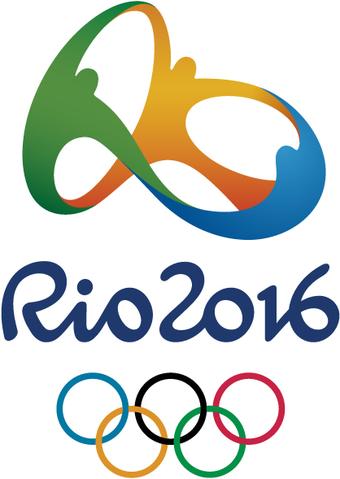The word from some observers is that the self-serving, self-promoting, stupid, boorish, juvenile antics of American swimmer Ryan Lochte and his posse of younger pals spoiled the 2016 Olympics and overshadowed the spectacular performances by American athletes, and the genuine supreme efforts of all the world’s athletes on display.
Oh gosh, no, no. It and he didn’t. Lochte’s tale — told to a serious-faced Billy Bush — of the wee-hours aftermath of a party night with his fellow swimmers had them being waylaid by men announcing themselves as Rio law enforcement and robbing the athletes — he said they put a gun to his head — at gunpoint.
Didn’t happen, folks. The kids are not all right. Lochte and his pals apparently pulled into a gas station and trashed the bathroom there, at which point security guards did indeed intercede with drawn guns.
The resulting flap, while an embarrassment to Lochte, it would seem, and his pals, did not overwhelm the Olympics or stain American honor. In an interview with the “Today” show’s Matt Lauer, who posed his questions and himself like a stern judge, Lochte tried to string out the truth: no robbery, a false story exaggerated a little and then a lot. He didn’t hurt the Olympics, he didn’t hurt his American teammates (except for his party pals who he left behind to face the consequences), but he did hurt himself.
Lochte didn’t win much at the Olympics — Michael Phelps pretty much left him dead in the water in a mano-a-nano duel — but he finally achieved celebrity if not celebrity-athlete status. Men have a hard time growing up (I know, I’m still trying to do it), but that’s not an excuse, that’s just embarrassing.
The real story of the 2016 Olympics is not that a Lochte happened, or that there were snafus and controversy, but that these Olympics produced so much athletic excellence and excitement, so much achievement. The glory of these Olympics is that they became memorable in spite of all the baleful predictions of the media. There was an expectation of major toxicity in the air, in the water, in the competitions.
What happened was that the 2016 Rio Olympics were at once much like any other, and like every other Olympics unfolded as a unique experience. The Rio Games had their own kind of drama and their own stars, some expected, some not. The old Wide World of Sports slogan, “the thrill of victory, the agony of defeat,” came to the fore often here, especially, but not exclusively, for American athletes, who gathered up the most-ever total medals in a non-boycotted Olympics (including 46 gold).
What mattered was not boorish behavior, but ultimate effort — by all the athletes. Simone Biles, the taut, elfin, four-foot-seven-inch gymnast, was always in flight, in the air, making beautiful and graceful moves with her near-perfect skills, worth four gold medals, charming the watching world. Abbey D’Agostino and Nikki Hamblin showed the world that winning wasn’t everything, but that finishing their 5,000-meter race was.
For Rio and Brazil, the city and the country, so put upon with political chaos and economic anxiety — not helped by the spending on the Olympics — there was a poetic justice that no one begrudged: their triumphs in volleyball and in their soccer win over Germany, avenging a trashing in the World Cup. This is, after all, Pelé Country.
The Americans gave Americans new pride, perhaps counteracting the much-used phrase that “Americans haven’t won anything in a long time.” Maryland by itself won more medals than many major countries, paced by the incredible Katie Ledecky, who owned the pool. There was Simone Manuel, the first African American to win a gold medal in swimming. There were the American men’s basketball team, which had three scares but still won the gold, and the women’s basketball team, which scared everybody and won the gold.
Women athletes, it should be noted, far outpaced the men as superstars or new stars — particularly wrestler Helen Maroulis, who achieved highest honors in a sport for which there is still no place for females in American schools.
Rio itself, with its air of perpetual rhythmic music and movement, its beaches and mountains and vistas, provided a bountiful setting for these Olympics, which included such hiccups as green pools, bad manners and bad boxing judging. The Games ended with a party in which all the athletes who hadn’t gone home descended on the stadium floor together in a sea of selfies, most of them taken by other athletes who wanted to be photographed with the effervescent Simone Biles.
The whole thing was an exercise in good cheer. Michael Phelps achieved redemption on a scale even he had trouble anticipating, becoming the most bemedaled Olympic swimmer ever. Prime Minister Shinzo Abe of Japan appeared as Super Mario to plug the 2020 Olympics in Tokyo.
A steady sight every day, every night, was the statue of Christ the Redeemer, posed in a forgiving mode high above on a mountain. Even Lochte might have been forgiven, if only he had been there.22


